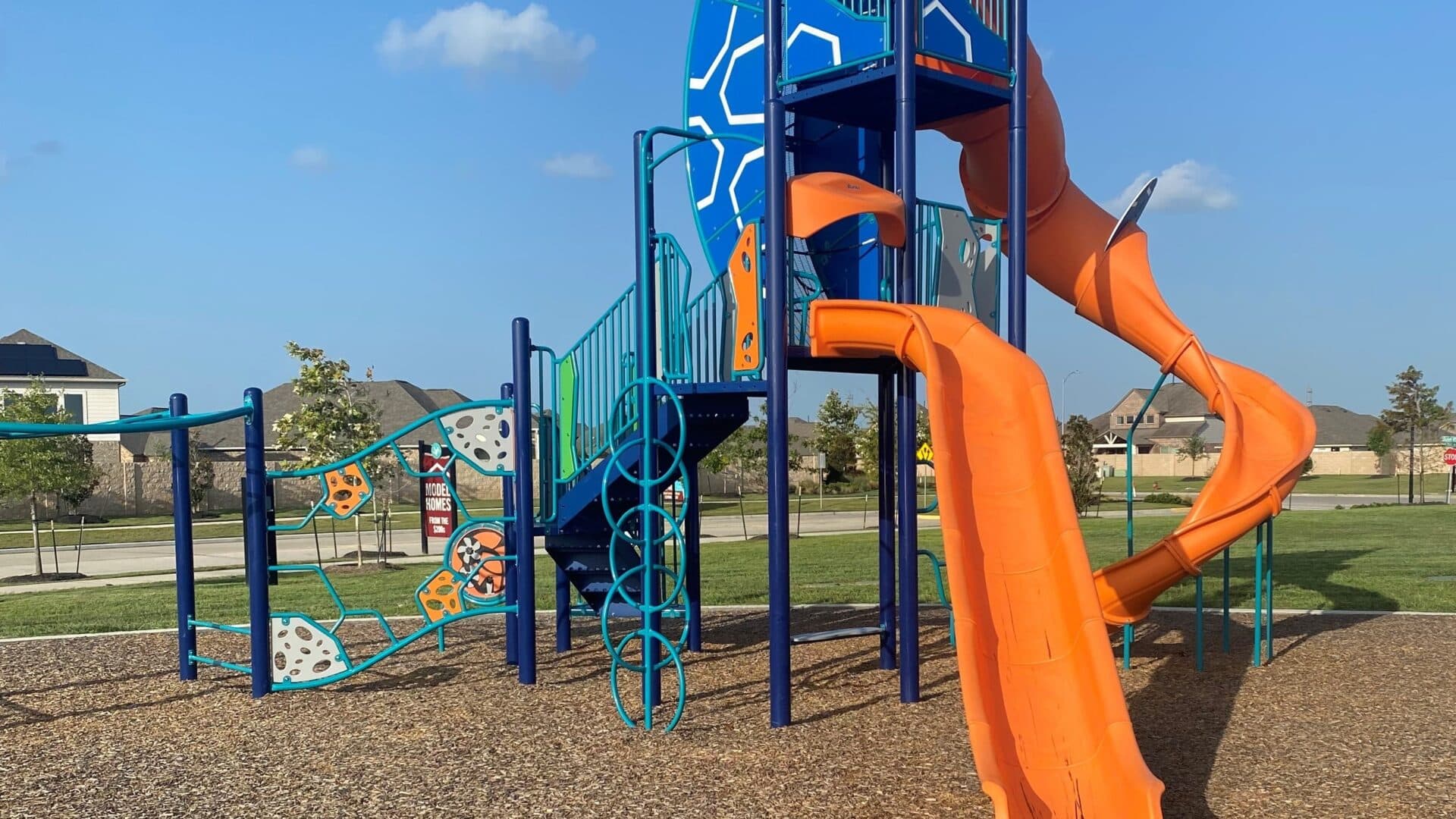By Jaden White
“I don’t think I can do it. It’s too tall,” my younger sister said, as her eyes were placed on the tower that was a part of the newest playground in our city.
“Of course, you can! You got this,” I said, trying to calm the worries in her young mind.
Hearing my sister say she didn’t think she was capable of doing something broke my heart. As parents, or anyone who has a child in their life they love to pieces, we never want to hear the self-limiting words, “I can’t do it,” come from their mouths. I wanted my sister to know that she could do this, and, in the end, be happy that she did climb up the tower so that she could enjoy the slide.
“Please just try,” I begged. “It will be fun. I promise,” I added.
Unfortunately, on our first trip to the new playground, she could not be convinced. Throughout the next couple of months, we continued to visit the park and still had no luck of her climbing the play tower that might as well be the Eiffel Tower in her mind.
“We are going to climb that tower today. You will like it!” I said to her on one of our visits. She needed to know she could do intimidating things.
“It’s too tall. What if I fall?”
She failed to realize that the tower had a protective piece that would not allow her to fall.
“We will go together.” So, I grabbed her hand, and off we went.
We climbed the tower together, and even though she voiced her worries the entire time, we made it to the top. I left her near the slide and told her I would meet her at the bottom.
“Can I go?!” She yelled from the top.
“Go for it!” I yelled back.
In just five seconds, she made it to the bottom of the slide with a huge smile on her face.
“I did it!” She said as she came to give me a hug.
As children are growing up and discovering themselves and the world, they are also forming their own self-confidence and beliefs about themselves. Playgrounds can allow children to discover that they can do new things they have not done before, like make it all the way across the monkey bars or climb to the top of a structure that seemed daunting at first. This newfound confidence is found in realizing they can accomplish these tasks.
Building a positive self-efficacy at a young age will help children handle future problems and situations all throughout their life. Self-efficacy is essentially when an individual believes they have the ability to make their goal or desired outcome a reality.
Visiting playgrounds, allowing children to play, encouraging children to try new equipment and play the games that are built into the structure will continue to help shape their developing brain.
For example, say there is an elementary school aged child who is having difficulty with their math homework, this scenario can go two ways.
First, the child could become frustrated and quickly want to give up because the homework seems “too hard.” The child has a limiting self-belief and the poisonous “I can’t do it” attitude. This leads to frustration in the child and will ultimately lower their already low self-efficacy.
In the second scenario, the child can recognize that the homework is difficult, but if they have a high self-efficacy, they know that it is possible to complete this homework and do it well.
There are hundreds of times in a child’s life that they will encounter events where they will need to believe in themselves in order to get through it. This can be relevant to forming new friendships, relationships, attending job interviews, continuing education, and many more facets of life.
Self-efficacy can also directly impact the relationship children and adults have in their church lives. It is important for members of a church to think they can be an integral part in the church and believe they can impact the lives of others.
It can be nervewracking to host a Bible study or to share a vulnerable experience, like a testimony, with a stranger who may benefit from hearing your story, but having the confidence to do these things is key to making the goals and outcomes come to fruition.
I am not saying that allowing your children extra time to play on playgrounds will solve all their self-doubt and confidence issues, but I am saying that play time can aid children in navigating this intimidating world. It is important to give children the tools to navigate the times when they are lacking in self-belief.
Unfortunately, throughout life, we all experience events and people that negatively impact how we feel about ourselves. All that matters is that we are able to pick ourselves up after that hit and realize we can all climb that “tower” in our lives.
Jaden White is the social media coordinator for fun abounds,inc., which specializes in outdoor playspaces, www.fabplaygrounds.com.














